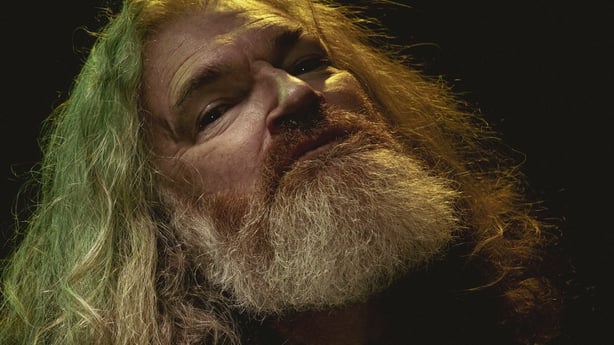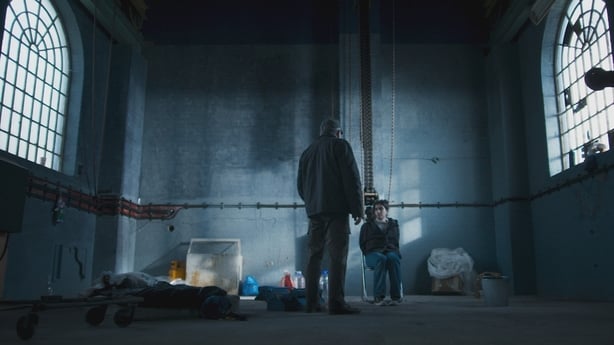Ever fancied having a bash at making your own movie? In a new series, acclaimed filmmaker Paul Duane tells you everything you need to know.
In the latest installment, he tackles the perils of production...
"Everyone has a plan until they get punched in the mouth" - Mike Tyson
Making films is difficult, and making films when you don't have a lot of money to spend is exponentially more difficult. The most important thing to remember is: the budget IS the aesthetic.
If you’re going to use the budget effectively, you need to understand how the look of your film will depend on what is available to you – financially, collaboratively, artistically – but mostly it will depend on how much time you have.
In basic film production terms, time = money. Every minute on every day of a film costs something, and a decision that saves money, but costs time, does nor save money. So it becomes very important to think economically about time as well as about finances.

(Pic: Ishmael Claxton)
Also remember, nothing is really free. People may be willing to work for you for free, but you’ll have to feed them and you may have to transport them. Not everything that comes for free is useful.
Locations will be hugely important for your film. Choose them wisely – not just for how they look, but for accessibility and travel time. If your locations are widely separated, then on your shoot day, the travel time will eat into your shoot time. So you try to cut travel time to a minimum. When you check out the location, think about parking, toilets, where you can set up a green room for actors, where you can put costumes/make-up/hair. And where are people going to eat? Also: If you’re shooting on a road, you may need road closure for safety reasons. You can’t put actors out on a working road unless you have traffic control, which needs permission from local Gardai.
Watch the trailer for Paul Duane's film All You Need Is Death
Some of the things you have to plan for include, how will you transport your cast to set? Some will be happy to drive themselves, some will not. But even if they are happy to drive themselves it isn’t always a good idea. You don’t want them turning up stressed and tired from the journey. Taxis, drivers, minibuses – there are various solutions, each with different costs attached and different problems. Ultimately, you will need to figure out what works for you.
You will also have to figure out fair payment for your cast. There are union-agreed minimum fees, but not every film ends up paying them, sometimes people are happy to negotiate.
You will need to contract with your actors or else you will run into trouble when trying to sell the film. Contracts are available online, but tailor them to your needs – learning to read contracts is an important part of being a filmmaker, unfortunately!

grimmest places in County Dublin in a freezing Irish January'
An unhappy cast is a problem you don’t want to give yourself. Try to be clear with your cast about the limitations of production, if you’re filming in a difficult location. We filmed my feature film All You Need Is Death in some of the grimmest places in County Dublin in a freezing Irish January, but we managed to keep everyone in good form, because we planned ahead.
Try to be as good to your cast (and crew) as you can within the limitations of your budget. If they are tired, cold, hungry or just plain miserable, it will show on screen.
Do your best, there will always be things you can’t overcome. Many actors are real troupers who will do great work for you under terrible circumstances, but you have to show them you support them.
If you offer them a green room with heating and some comfort, they will appreciate it.
My next piece will talk about how to have a happy, hard-working crew - and yes, feeding them and keeping them warm are two of the most important elements there too!
To be continued...
